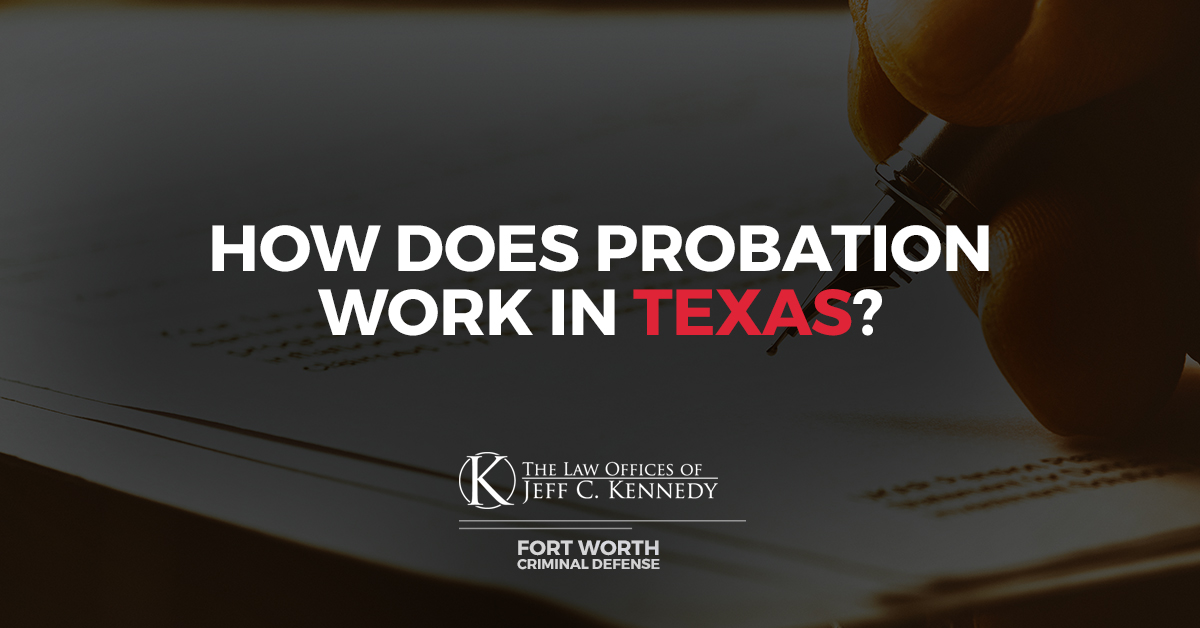
If you’ve been convicted of a crime in Texas, chances are good that you won’t immediately be sent to jail or prison. Instead, it’s more likely that you’ll be given some form of probation. In Texas, probation is known as “community supervision.” Some of those who receive prison and jail terms can also receive community supervision later if their offenses allow it and they’ve met certain conditions.
Many people, including those convicted of offenses and those who are the victims of a crime, don’t understand how community supervision works. We’ve put together this quick explanation to help.
A Different Form of Punishment
Community supervision isn’t a free ride. It’s still a type of punishment, and very strict rules must still be followed. It’s just structured in a way that keeps an offender out of a prison or jail, which is good for the state’s bottom line; for every dollar spent keeping an offender locked up, probation costs taxpayers only six or seven cents.
When a person on supervision violates the terms, he or she might face new restrictions or be sent to prison. In fact, some of those convicted choose jail time over community supervision so that they don’t have to meet the conditions.
Those on community supervision usually have to pay a monthly fee while under supervision, and they are still expected to pay any fines and restitution imposed with their conviction. They aren’t allowed to travel out of the state without permission from the officer supervising their case. They’re also expected to report to their supervising officer on a regular schedule, and may be subject to random drug or alcohol testing. They might have to attend rehabilitation or treatment programs or meet community service obligations.
And, of course, they are expected to stay on the right side of the law. Committing another crime (or not reporting an arrest) while on community supervision can lead to it being revoked; in fact, simply being arrested on a serious charge might land a probationer in jail. This depends on many factors, including the crime, the offender’s previous history, and the policies of the supervising office.
Even if community supervision isn’t revoked, a new arrest could lead to a longer supervision term or additional fines.
A Serious System
In its most recent report, the Texas Department of Criminal Justice counted over 382,000 people on community supervision (while around 114,000 other offenders were incarcerated). Their supervision is managed at the local level, primarily by officers in county community supervision and corrections departments. These officers take their responsibilities seriously: They’re in place to ensure public safety, not to make life carefree for the offenders under their supervision.
Fort Worth Criminal Defense Lawyer
When you face criminal charges, it’s important to have an experienced criminal defense attorney fighting for you. Even if you are found guilty, qualified legal help may be important in having your sentence imposed as community supervision rather than prison or jail time.
If you’re already on probation and the district attorney has moved to revoke it for a violation, the right lawyer might be able to convince the authorities that it is in the state’s best interest not to revoke probation.
The team at the Law Offices of Jeff C. Kennedy has handled thousands of criminal defense cases and understands what’s involved. Call 817-605-1010 today or reach out via the form below to discuss your case.
 By
By